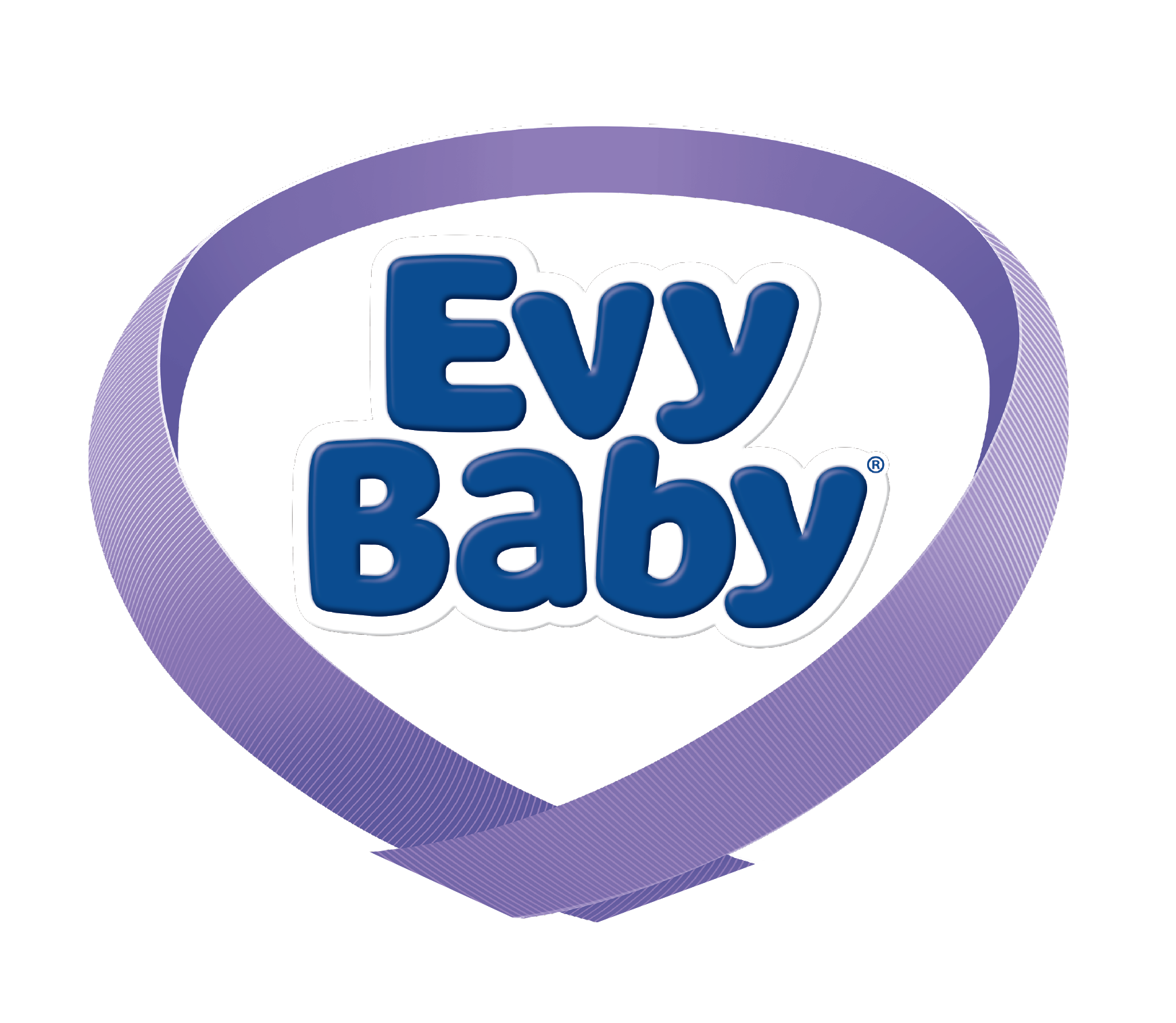

The teething period is quite a troublesome process both for parents and babies. During this period, some parents get into a flap and wonder whether their child’s teeth will erupt early or late, and are often keen to contact the doctor or dentist. However, the development of milk teeth is different for each child.
Babies begin teething between four and six months, starting first with the lower front teeth, then the upper teeth towards the back and continues with the molars. If we take the standard development process, assuming that babies’ teeth start to be formed from the sixth month, we can say that the development of teeth (dentition) will continue until they are 24–30 months old.
During the teething period, some symptoms can be observed in infants, beginning with an increase in saliva and the saliva overflow out of the mouth. In addition to this, itching on the gum where the tooth is growing is another symptom. This can be a distressing situation for parents as it carries the risk of infection, because the baby is constantly putting things into its mouth. To overcome this situation, objects made of harmless plastic called “teethers” can be given to babies to chew on.
Babies can put many inappropriate objects into their mouths, licking or biting them unconsciously. In such a sensitive period, it is normal for babies to feel uncomfortable and to find the teeth strange, as they are essentially as bone structures breaking through the gum.
After a tooth erupts, the others erupt more easily and discomfort decreases. Despite some symptoms such as mild fever and uneasiness, babies learn to cope with the discomfort.
Despite that, teething babies are usually grumpy. It is quite normal to see all of the above-mentioned symptoms during this period.
Of course, if the problems are worse than you can deal with, you can try several ways to make your baby peaceful and comfortable during teething: